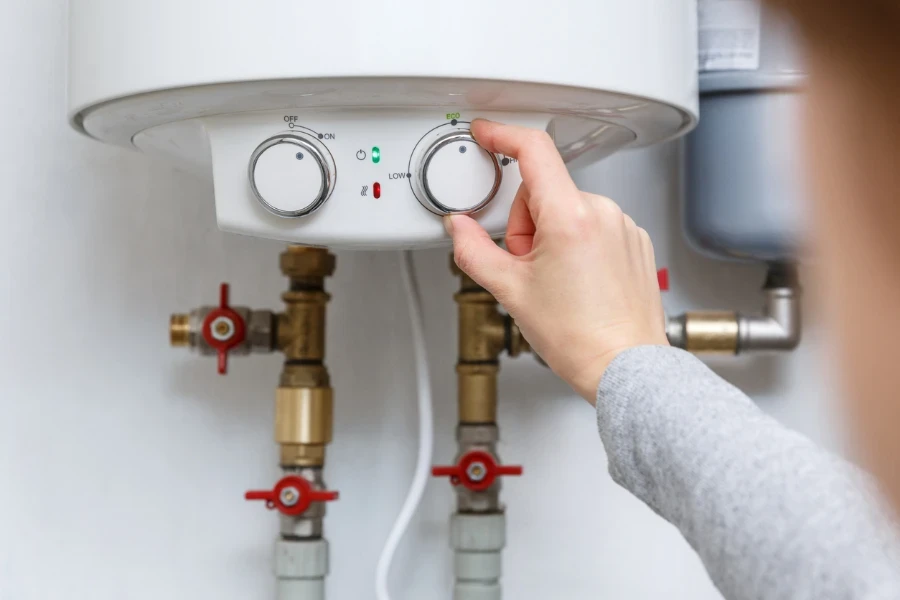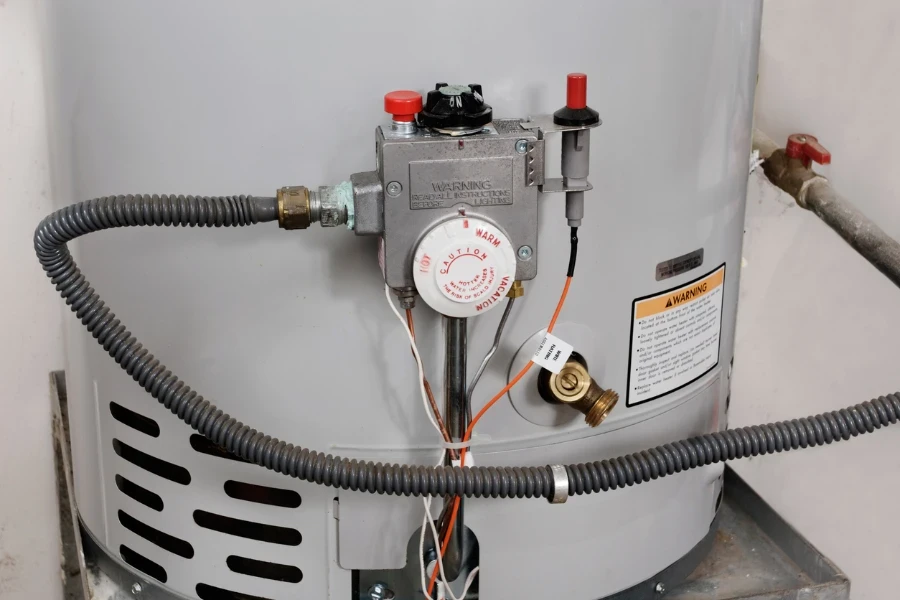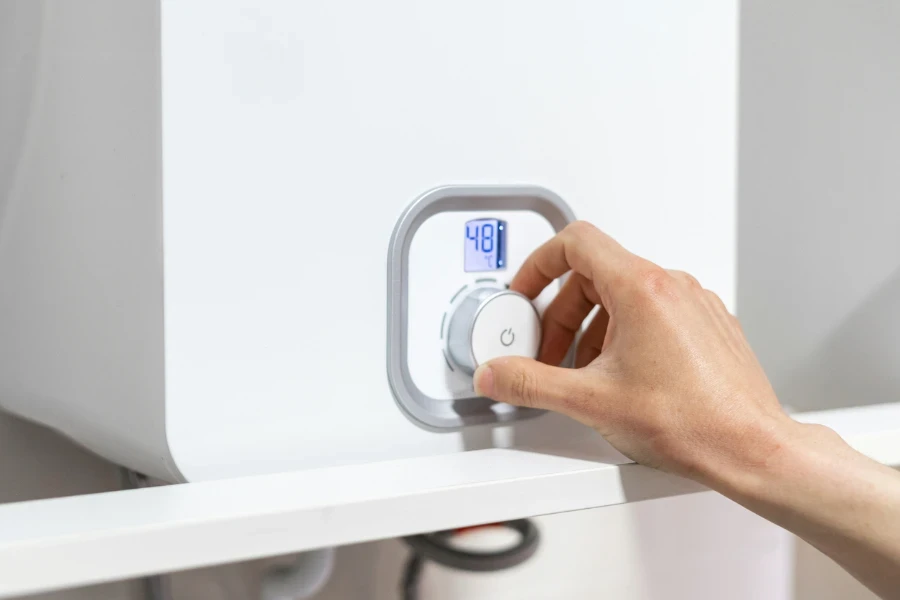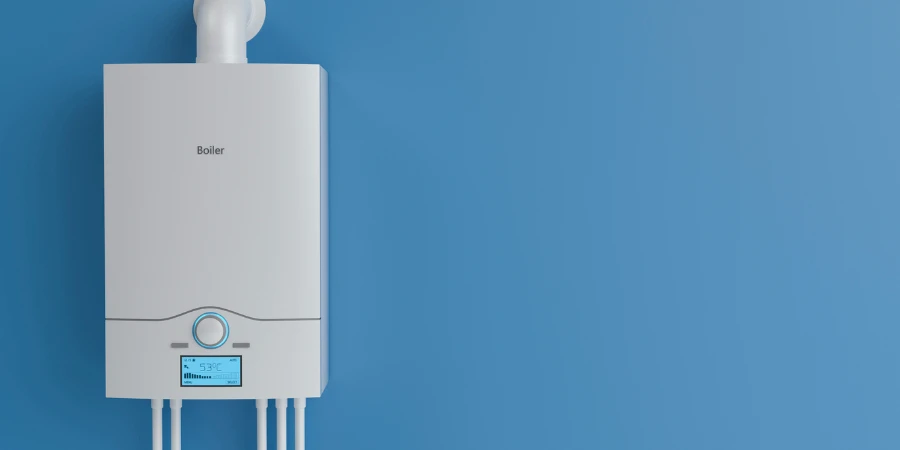Boilers, often considered the backbone of numerous industries, play a pivotal role in heating and power generation across the globe. Understanding their functionality, application, and cost is essential for businesses aiming to optimize their operations. This comprehensive guide will explore the ins and outs of boilers, shedding light on their importance and how to select the right one for your needs.
Table of Contents:
– What is a boiler?
– How do boilers work?
– How to use a boiler
– How much does a boiler cost?
– Top boilers on the market
What is a boiler?

A boiler is a closed vessel in which water or other fluid is heated. The heated or vaporized fluid exits the boiler for use in various processes or heating applications, including water heating, central heating, boiler-based power generation, cooking, and sanitation. Boilers are classified into several categories based on their heating method, fuel type, and water circulation system. Their versatility and efficiency make them indispensable in industrial and residential settings.
The core components of a boiler system include the burner, combustion chamber, heat exchanger, exhaust stack, and controls. Boilers are designed to efficiently convert energy from fuel (natural gas, oil, coal, or biomass) into thermal energy through combustion. This thermal energy is then transferred to water in the heat exchanger, creating steam or hot water, which is circulated throughout the facility or home for heating or process use.
Boilers come in various sizes and capacities, tailored to the needs of specific applications. From small, residential hot water boilers to massive industrial steam generators, each boiler type serves a unique purpose. Their design and operation are governed by stringent safety standards and regulations to prevent accidents and ensure efficient performance.
How do boilers work?

The operation of a boiler is a fascinating process that combines fuel, air, and water to produce heat and steam. At its core, the boiler’s burner ignites the fuel (gas, oil, coal, or biomass) to create a flame. This flame heats the water contained within the boiler’s heat exchanger, a network of pipes or tubes that efficiently transfers the heat to the water.
As the water heats up, it either turns into steam in the case of steam boilers or remains as hot water in hot water boilers. Steam boilers operate at higher temperatures and pressures, converting water into steam, which is then distributed throughout the system for heating or powering machinery. Hot water boilers, on the other hand, circulate hot water through pipes to radiators or underfloor heating systems.
The efficiency of a boiler is determined by its ability to convert fuel into heat with minimal losses. Modern boilers are equipped with advanced controls and systems to optimize combustion, reduce waste, and enhance heat transfer. These include economizers, which preheat incoming water using exhaust gases, and condensing technology, which recovers heat from the exhaust gases to increase efficiency.
How to use a boiler

Operating a boiler efficiently requires a basic understanding of its components and controls. For residential boilers, this involves setting the thermostat to the desired temperature and ensuring the system has the correct pressure and water levels. Regular maintenance, such as checking for leaks, inspecting the burner, and flushing the system to remove sediment, is crucial for optimal performance and longevity.
In industrial settings, boiler operation is more complex and typically managed by trained professionals. Operators must monitor fuel, air, and water supply, adjust controls to maintain the correct pressure and temperature, and conduct periodic inspections and maintenance to prevent breakdowns and ensure safety.
Safety is paramount when using boilers. Proper ventilation, regular safety valve checks, and adherence to local codes and regulations are essential to prevent accidents. Additionally, investing in modern boilers with built-in safety features, such as automatic shut-off sensors and pressure relief valves, can provide an extra layer of protection.
How much does a boiler cost?

The cost of a boiler can vary widely depending on its type, size, efficiency, and fuel source. Residential boilers typically range from $2,500 to $7,000 for purchase and installation, while industrial boilers can cost anywhere from $10,000 to over $100,000. High-efficiency models, though more expensive upfront, can offer significant savings on fuel costs over time.
Factors influencing the cost include the boiler’s capacity (measured in BTUs or horsepower), construction material (steel or cast iron), and additional features like modulating burners and condensing technology. Government incentives and rebates for energy-efficient boilers can also affect the final cost.
When considering a new boiler, it’s important to weigh the initial investment against potential energy savings and operational costs. Consulting with a professional can help determine the most cost-effective option for your specific needs.
Top boilers on the market

Several brands and models stand out in the boiler market for their reliability, efficiency, and advanced features. Some of the top picks include:
- Viessmann: Known for their high-efficiency condensing boilers, Viessmann offers a range of residential and commercial models that deliver superior performance and energy savings.
- Worcester Bosch: A popular choice in the UK, Worcester Bosch boilers are praised for their build quality, efficiency, and comprehensive warranty.
- Navien: Specializing in condensing technology, Navien boilers provide excellent efficiency and environmental benefits, making them a favorite among eco-conscious consumers.
- Cleaver-Brooks: A leading name in industrial boilers, Cleaver-Brooks offers a wide range of steam and hot water boilers designed for high performance and durability.
- Buderus: Part of the Bosch Group, Buderus boilers are known for their robust construction, efficiency, and long service life.
Conclusion:
Boilers are a critical component of modern industry and residential comfort, providing efficient heating solutions that power our world. Understanding how boilers work, how to use them safely and efficiently, and what factors influence their cost can help individuals and businesses make informed decisions when selecting a boiler. With advancements in technology and a focus on energy efficiency, today’s boilers offer more features and benefits than ever before, making them a smart investment for the future.




